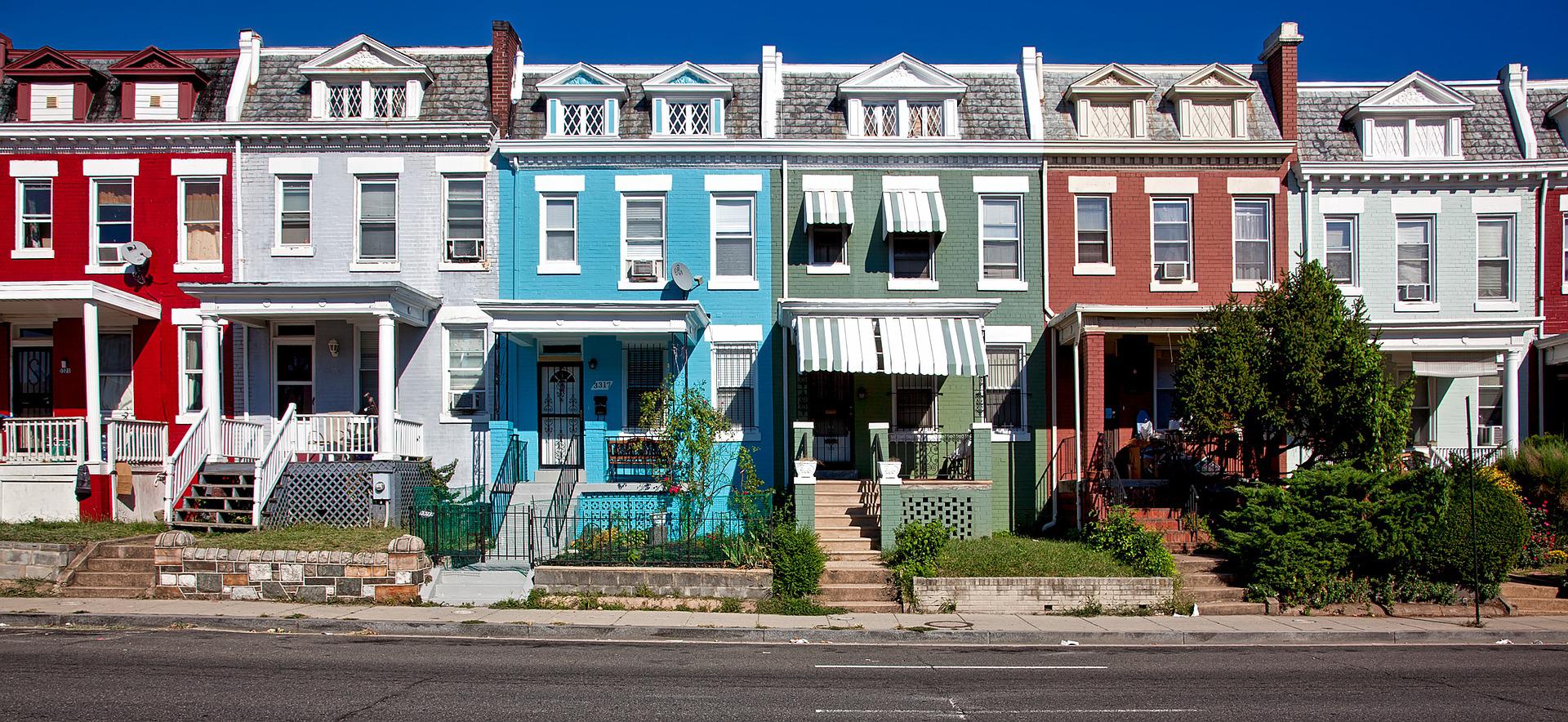Jess Wunsch
In recent years, research has illuminated troubling practices within the property appraisal industry. Studies show that appraisers disproportionately undervalue the homes of Black or Latino homeowners. In 2021, a report by Freddie Mac showed that homes in Black and Latino or Hispanic neighborhoods are much more likely than homes in majority-white neighborhoods to receive appraised values below what a buyer has offered. After taking differences in home and neighborhood quality into account, racial bias leads to the valuation of homes in majority-Black neighborhoods at 23 percent less ($48,000 per home on average, amounting to $156 billion in cumulative losses) than those in neighborhoods with few or no Black residents. In this post, we summarize why these inequities matter, highlight some important recent federal actions to address appraisal disparities, and offer some resources to help local governments consider ways to take action.
Addressing racial bias in home appraisals is key to tackling the racial wealth gap and making the benefits of homeownership more equitable. In the U.S., the median white family holds eight times the wealth of a typical Black family and five times the wealth of the typical Latino family. Differences in homeownership rates and in home values both contribute to this gap. The appraisal and valuation process is thus critical because it establishes the value of the property for a home loan and is the primary way in which homeowners can build wealth through equity. With less equity in their home, households are more limited in their ability to pay for higher education, home repairs, or other expenses, or to draw on equity during difficult financial periods. Undervaluation can also have far-reaching community effects. Local governments collect less tax revenue when property values are depreciated, which can affect investments in infrastructure, community programming, and amenities.
In the typical home appraisal process, a lender hires an appraiser to provide an independent estimate of the market value of a property so that the lender can determine risk. Usually, an appraiser estimates the value of a home by comparing it to similar, recently-sold properties in comparable neighborhoods. But the appraiser has substantial discretion in making this assessment. They choose which properties to compare the home to. The opinion of the appraiser and their familiarity, or lack thereof, with a neighborhood plays a role in determining the value of the home. As a result, racial bias is often introduced when appraisers use racial data to make determinations on comparable neighborhoods. Each new undervaluation in a majority-Black neighborhood in turn affects future appraisals, perpetuating the racialization of the housing market.
Reforming the appraisal process could therefore help to narrow the racial wealth gap. A recent study found that eliminating racial disparities in the amount of wealth families gain from owning a home would reduce the wealth gap by an additional 16 percent between Black and white households and by an additional 41 percent between Latino and white households.
In response to these findings and calls from advocates, President Biden announced the Interagency Task Force on Property Appraisal and Valuation Equity (PAVE) in June 2021. The PAVE Task Force is composed of 13 federal member agencies and led by HUD Secretary Marcia Fudge and Domestic Policy Advisor Ambassador Susan Rice. After nearly a year of research and engaging stakeholders, including current and aspiring homeowners, PAVE released its Action Plan to Advance Property Appraisal and Valuation Equity, which aims to shed light on historical racism in appraisals; examine the various forms of bias that can appear in residential property valuation practices; and provide concrete recommendations for how government and industry stakeholders can advance equity. The Task Force recognizes the role that all levels of government have played in perpetuating unfair housing and lending practices, despite attempts to address these practices through fair housing and lending laws. The Action Plan thus makes the following commitments:
- Strengthening guardrails against unlawful discrimination in all stages of residential valuation by clarifying and updating guidance to appraisers on federal antidiscrimination obligations and standardizing appraisal data collection and criteria.
- Enhancing fair Housing and fair Lending enforcement and driving accountability in the appraisal industry by strengthening coordination among enforcement agencies and expanding bias examination procedures.
- Building a well-trained and diverse appraiser workforce by lowering barriers to entry in the appraisal profession and requiring anti-bias and fair housing training for appraisers working for federal programs and within the private sector.
- Empowering consumers to take action through first-time homebuyer and housing counselor education, funding opportunities to test for appraisal bias and discrimination, and informing borrowers about the process for requesting reconsideration of a valuation when it is lower than expected.
- Giving researchers and enforcement agencies better data to study and monitor valuation bias by launching an interagency effort to share data and inform research and policy priorities and defining metrics to identify patterns of mis-valuation in the home appraisal process.
These commitments represent an important next step in addressing racial bias in home appraisals and valuation in the U.S., a process that the Action Plan recognizes will require partnerships across researchers, the federal government, and the private sector.
Local governments also have a role to play in combating unfair housing practices by understanding the appraisal process and how advancements in this area may complement local policies aimed at addressing racial disparities, such as reducing housing discrimination, affirmatively furthering fair housing, and expanding affordable housing in resource-rich neighborhoods.
Is your city taking action locally to address inequities in home appraisals and valuation? Let us know! The Lab team wants to learn about and amplify your work.

One Response
555